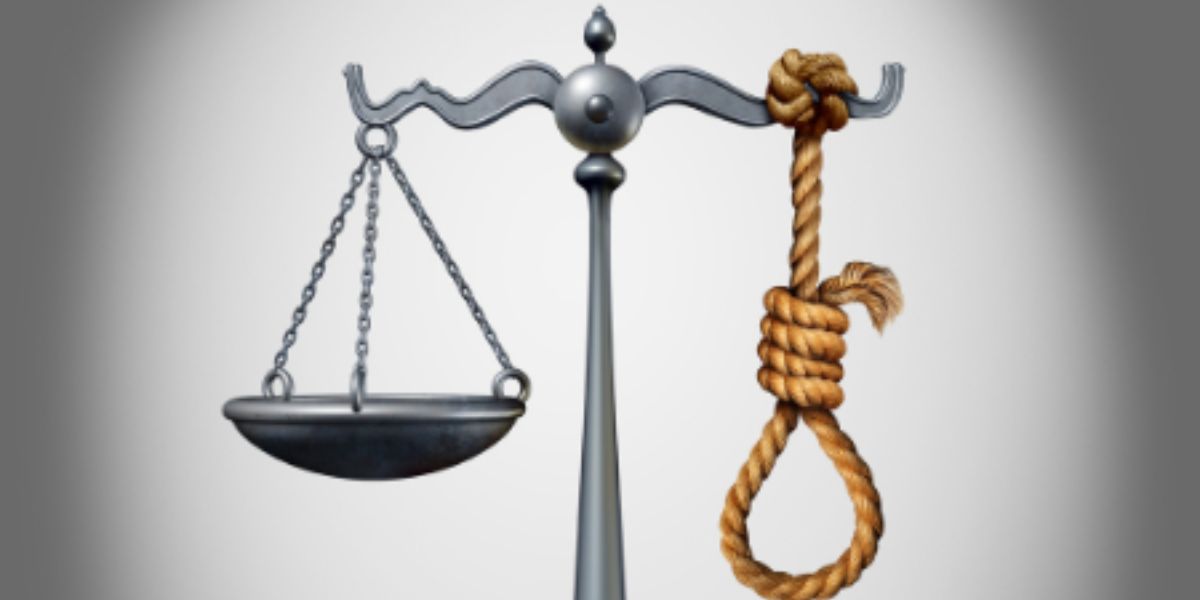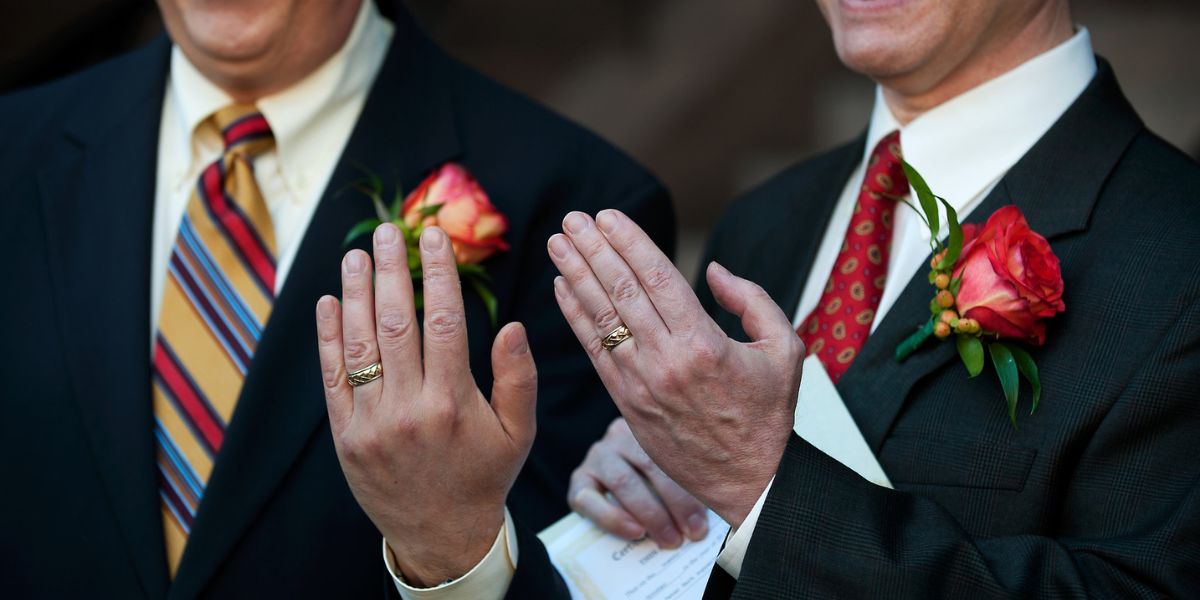South Carolina has a long history with the death penalty, dating back to colonial times. As one of the earliest states to implement capital punishment, executions were once a routine aspect of the state’s justice system.
Throughout the 19th and early 20th centuries, hangings were the primary method of execution, later replaced by the electric chair in 1912. This shift was intended to be more humane, though controversy over execution methods persisted.
For much of the 20th century, South Carolina maintained one of the highest execution rates in the country. The implementation of lethal injection in 1995 was seen as a modern update, but it did little to quell ongoing debates about the morality and effectiveness of capital punishment.
The Decline of the Death Penalty
The early 2000s marked a turning point for South Carolina’s use of the death penalty. The number of death sentences began to decline, mirroring national trends. Several factors contributed to this shift:
- Legal Challenges: Court rulings at both the state and federal levels questioned the constitutionality of execution methods, causing delays and commutations.
- Public Opinion: Changing attitudes toward capital punishment led to a decline in jury recommendations for death sentences. Studies showing racial and economic disparities in sentencing further fueled opposition.
- Exonerations and Wrongful Convictions: High-profile cases of wrongful convictions, including some from South Carolina, raised concerns about the possibility of executing innocent individuals.
- Drug Shortages: Pharmaceutical companies ceased supplying drugs used in lethal injections, making it difficult for the state to carry out executions.
Due to these factors, South Carolina saw its last execution in 2011. Since then, a growing number of inmates on death row have had their sentences overturned or commuted to life imprisonment.
Attempts to Revive Capital Punishment
Despite the decline in executions, South Carolina lawmakers have made several attempts to reinstate the death penalty as a viable sentencing option. In 2021, the state passed a controversial law allowing execution by firing squad and the electric chair as alternatives to lethal injection. This move was in response to the ongoing inability to acquire the necessary drugs for lethal injections.
While proponents argue that the new law ensures justice for victims and their families, critics see it as a step backward. Human rights organizations and death penalty opponents argue that these methods are inhumane and archaic. Legal challenges have stalled the implementation of executions, keeping the death penalty in a state of limbo.
The Future of Capital Punishment in South Carolina
With no executions in over a decade and continued legal battles, the future of the death penalty in South Carolina remains uncertain. Some possible outcomes include:
- A Full Reinstatement: If legal challenges are overcome, South Carolina could resume executions using the newly approved methods.
- A Continued Standstill: Ongoing litigation and political debates could keep the death penalty in an indefinite state of suspension.
- A Formal Abolition: Growing public opposition and legal setbacks may ultimately lead lawmakers to repeal capital punishment altogether.
While some states have moved toward abolition, South Carolina remains at a crossroads. Whether executions will resume or the state will abandon the practice remains to be seen. What is clear is that the debate over the death penalty is far from over, and the ultimate fate of capital punishment in South Carolina will be shaped by future court rulings, legislative actions, and public opinion.



